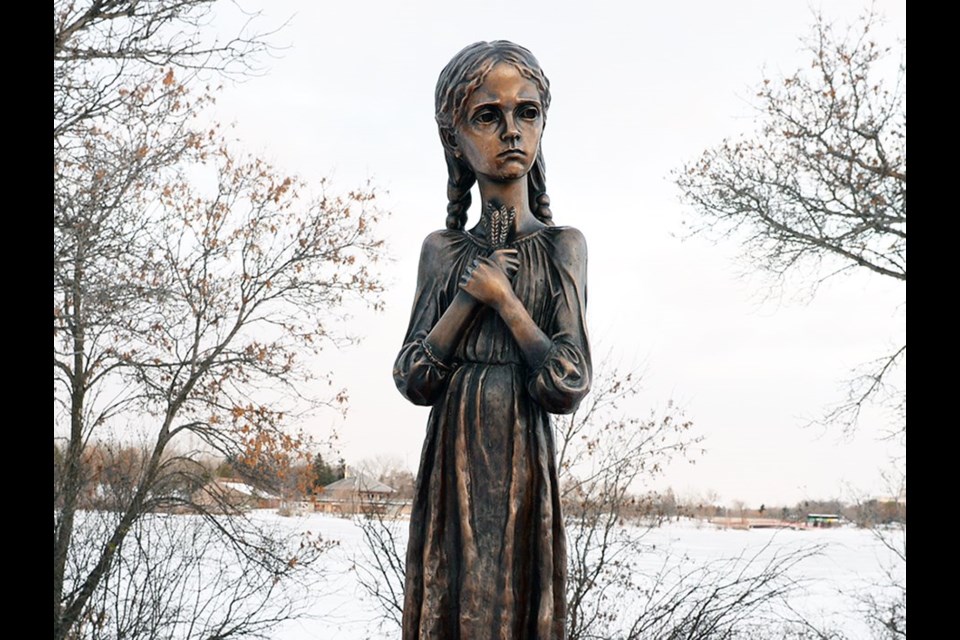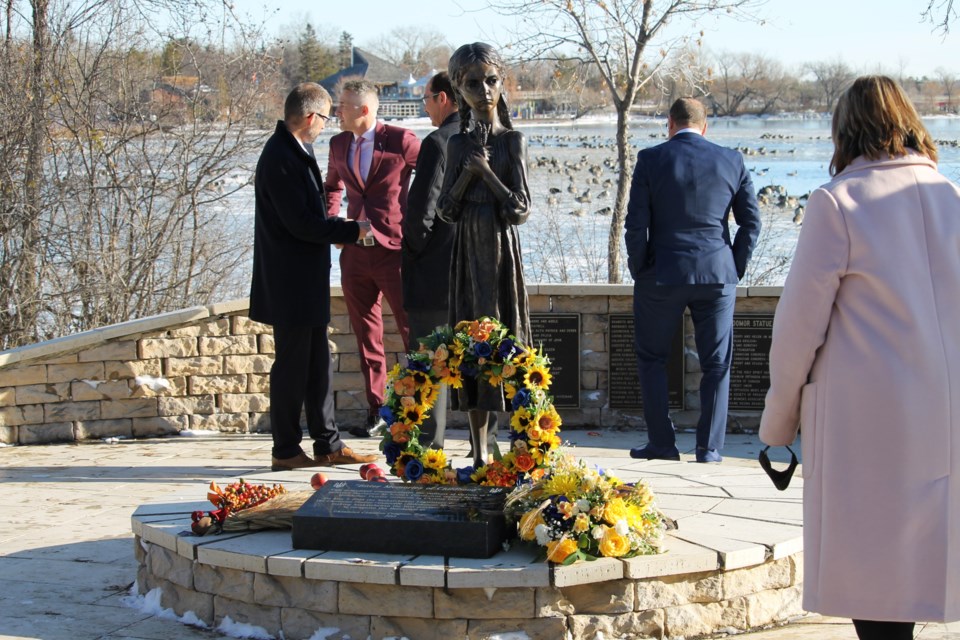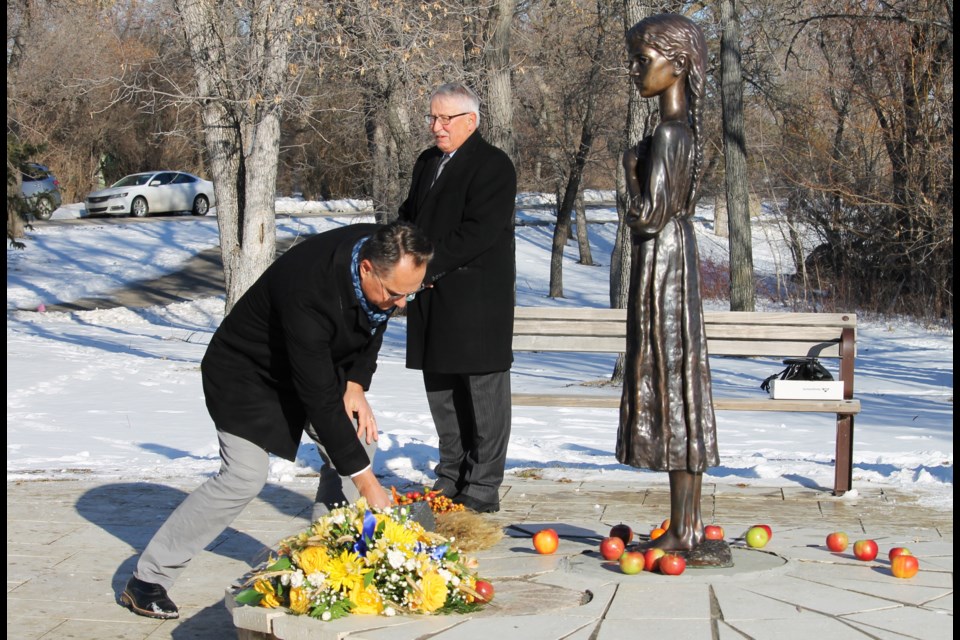REGINA — Today, as we remember the Holodomor, people in Canada remember the millions of innocent victims of the Ukrainian famine and genocide.
In Canada, the fourth Saturday in November is designated as Holodomor Memorial Day, in recognition of the millions of innocent men, women and children who endured prolonged suffering amid a famine or lost their lives in the Ukrainian genocide," says Ahmed Hussen, Minister of Housing and Diversity and Inclusion. "The Holodomor, or 'extermination by hunger' in Ukrainian, was deliberately orchestrated by Joseph Stalin's totalitarian regime in 1932 and 1933 to quash the Ukrainian people's identity and destroy their plan for independence and freedom. Ukraine finally won its independence in 1991.
"Holodomor Memorial Day is an opportunity for us to honour the resilience and strength of Canada's Ukrainian community, one of the largest Ukrainian diasporas in the world. It is also a chance to strengthen our commitment to be bolder, stronger and more determined in our fight against hate and racism as well as our protection of basic freedoms and human rights.
"As the Minister of Housing and Diversity and Inclusion, I encourage everyone in Canada to join Ukrainian communities in honouring and remembering those who suffered and died during the Holodomor. Vichna Yim Pamyat."
Recently, a small crowd gathered in Wascana Park to attend the province’s annual ceremony to honour the victims and survivors of the Ukrainian Holodomor.
The Holodomor, which means “extermination by hunger” in Ukrainian, was a man-made famine imposed on the people of the Ukraine in 1932-33 by the Soviet Union, during which an estimated 3.9 to 7 million people tragically perished.
In a short ceremony on Nov. 23 that included words from Legislative Secretary Responsible for Saskatchewan-Ukraine Relations Terry Dennis and Ukrainian Canadian Congress Saskatchewan president John Denysek.
“We are honouring the people that died of starvation during those times, and the people who are survivors and are telling the stories, spreading them in our province,” said Dennis.
In the presence of MLAs, provincial officials and members of the public, representatives from the province and the UCC placed wreaths at the foot of the statue of a girl holding sheaves of wheat.
The statue is a copy of sculptor Preto Drozdowsky’s “Bitter Memories of Childhood,” originally installed in Kyiv, Ukraine to memorialize the tragedy. Saskatchewan dedicated it's own statue in 2015.
Saskatchewan was the first jurisdiction in North America to declare a commemorative week dedicated to Holodomor remembrance, with the passing of legislature in 2008.
Approximately 13 per cent of Saskatchewan’s population is of Ukrainian descent, said Dennis, which makes Holodomor remembrance a very important act to continue.
“It's something we should never forget, the genocide of million of people,” said Dennis.
The ceremony is an annual event held by the province, typically taking place during Holodomor Remembrance Week during the fourth week of November.
- with files from Larissa Kurz








